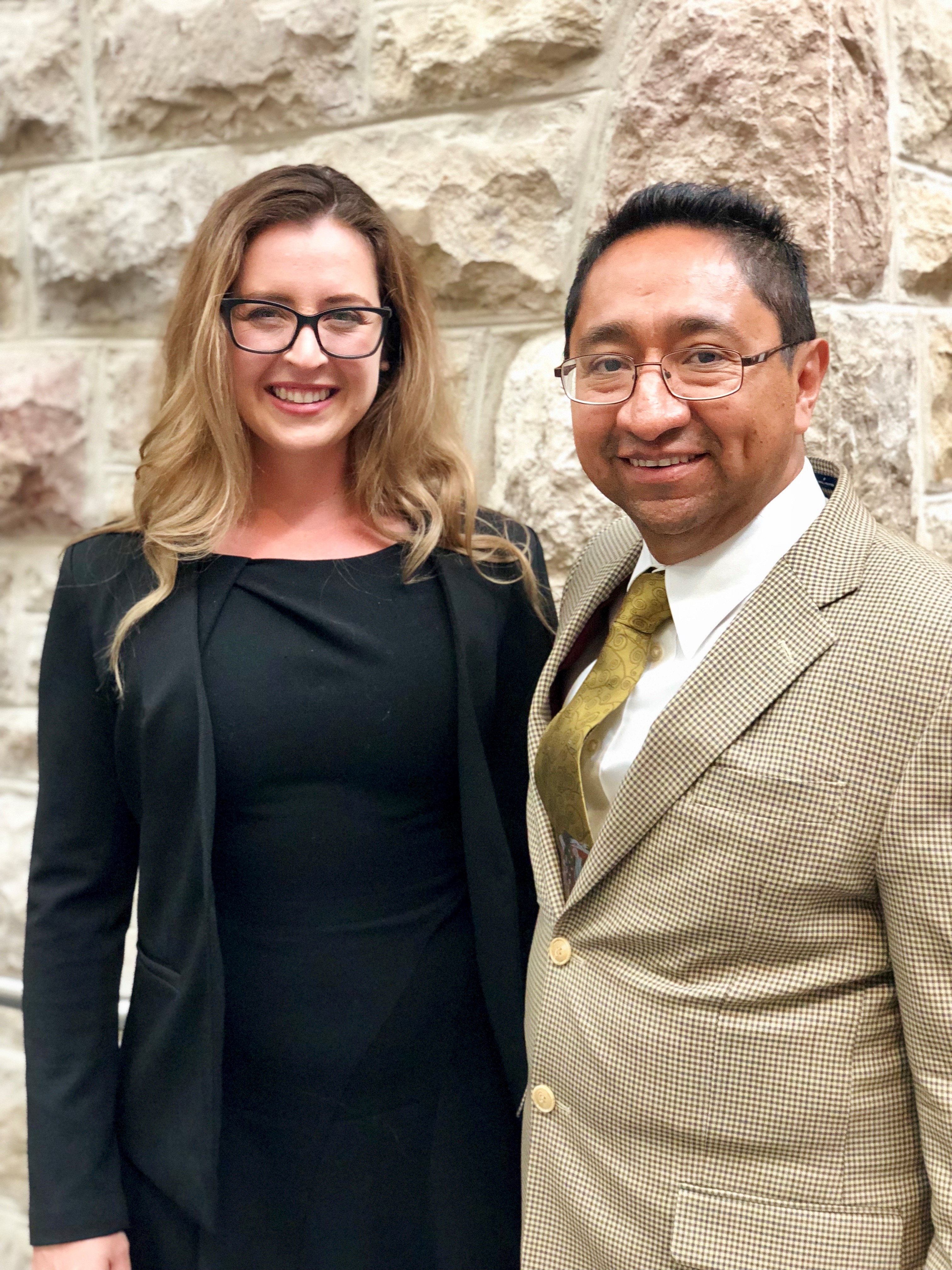
Non-epileptic seizure patients getting ‘lost in system’
SASKATOON – About 2,000 patients in Saskatchewan and 72,000 across Canada experience seizure-like episodes unrelated to epilepsy, but nearly half aren’t receiving followup care, harming their quality of life and driving up health-care costs even after their complex medical condition is properly diagnosed.
That’s the conclusion of a research paper published today inSeizure: European Journal of Epilepsy by an international group of researchers led by University of Saskatchewan (U of S) neurologist Jose Téllez-Zentenoand five other U of S researchers.
Even though Canada’s medical system is well-equipped to diagnose psychogenic non-epileptic seizures (PNES), the condition is misdiagnosed about 40 per cent of the time as epilepsy.
PNES patients’ symptoms may include convulsions, altered mental status and behaviour, or unconsciousness, but long-term monitoring of their brain electrical activity shows no change during a seizure, unlike with epilepsy.
“The big problem is, it looks like epilepsy and patients are being inappropriately treated for seizures. Those medications have side-effects. Patients can come into emergency in distress, not respond to medication and end up in intensive care, intubated and treated for seizures that aren’t stopping,” said neurologist Alexandra Carter, lead author of the paper.
Medication side effects added to PNES further complicates patients’ health problems, increasing the cost of health care, said Carter, clinical assistant professor in the U of S College of Medicine.
Unlike epileptic seizures that are triggered by abnormal brain activity, PNES has a psychological underpinning, said Téllez-Zenteno, professor in the U of S medical college.
“The most frequent risk factor for PNES is a history of physical abuse, physical neglect or sexual abuse,” he said. “It is an expression of emotional distress or trauma they’ve been through that is now manifesting itself in seizures.”
Abuse and even PTSD are pre-disposing factors for PNES, said Carter. An assault or some other trauma in adulthood may trigger an episode.
The paper is based on an email survey of 131 members of the Canadian League Against Epilepsy (CLEA)—a network that includes epileptologists, neurologists and other health professionals with an interest in epilepsy—about PNES diagnosis and treatment.
The study is the first in Canada to assess health services and attitudes of health professionals toward PNES, which has been considered a psychiatric problem and often stigmatized.
The survey provides information on current PNES management in Canada, and identifies the diversity of treatment and service gaps. The aim is to develop a standardized approach to providing care.
Neurologists, who have specialized training in differential diagnoses of seizures and access to video-EEGs, are best placed among medical professionals to identify PNES and arrange treatment, but Téllez-Zentenois concerned that many fall short in followup care.
“The neurologists diagnose the patients with PNES, and tell them, ‘You have a psychological problem. Don’t see me again’,” he said. “There’s no process to follow these patients and treat them. They are lost in the system.”
Cognitive behavioural therapy (CBT) has been found to be the most effective treatment, with seven in 10 PNES patients learning to control their seizures or stop them. Yet the survey showed just 60 per cent of diagnosed PNE patients were referred for at least one session of psychotherapy.
Canada doesn’t have enough psychotherapists or other health professionals trained to manage PNES, and patients may wait a year or more to be seen. Meanwhile, patients can relapse. Some feel abandoned, show up in emergency, receive inappropriate treatment and begin a vicious cycle, said Carter.
Many are prescribed mood disorder medications to treat anxiety and depression, while CBT remains the only reliable treatment for PNES events, which are triggered by underlying psychological issues.
“Canada doesn’t have a model to provide proper treatment for PNES,” said Téllez-Zenteno. “This is a wake-up call for the country to organize to help these patients with followup.”
https://www.seizure-journal.com/article/S1059-1311(18)30315-7/fulltext
-30-
For more information, contact:
Jennifer ThomaMedia Relations Specialist
University of Saskatchewan
306-966-1851
jennifer.thoma@usask.ca

